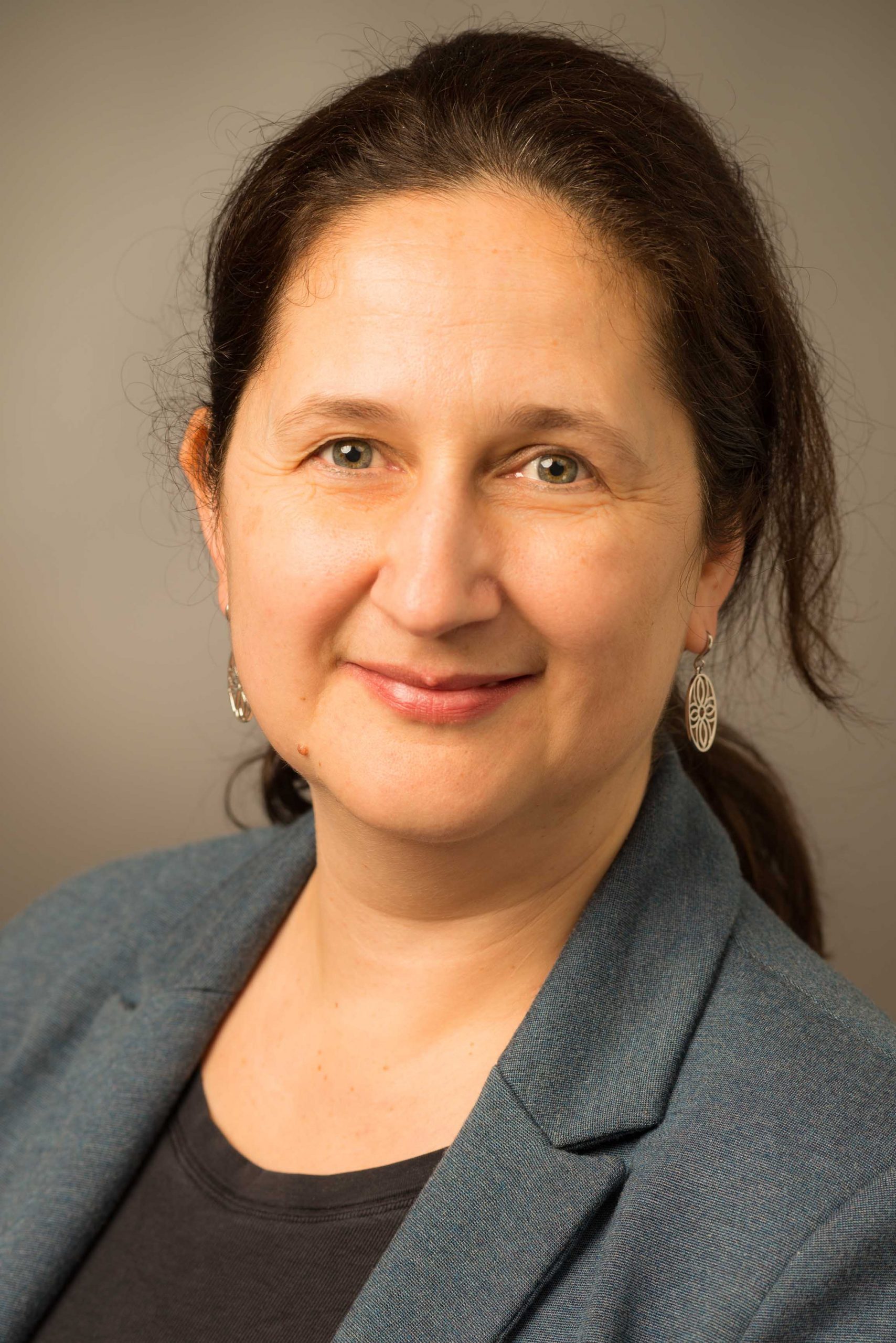Susanne Zeilinger
University of Innsbruck, Department of Microbiology
| susanne.zeilinger[at]uibk.ac.at | |
| Website | https://www.uibk.ac.at/microbiology/team/susanne-zeilinger/ |
| Project Name | BioGen |
| Publication Page | https://orcid.org/ 0000-0003-3112-0948 |
| Field of research | Molecular mycology |
| Keywords | Microbial interactions and communication | Mycoparasitism and biocontrol |Fungal signal transduction | Fungal secondary metabolites and enzymes | Fungal gene regulation |
| https://at.linkedin.com/in/susanne-zeilinger-00754b94 |
Communicating fungi
What is my research about?
My research focuses on microbial interactions and microbial communication with a special focus on mycoparasitic fungi. These fungi are parasites on other fungi used in the biological control of plant diseases as they are able to antagonize fungal plant pathogens. To do so, they have to be able to sense the presence of their preys and activate their “chemical” weapons such as hydrolytic enzymes and antifungal metabolites. Sensing of prey-derived signals involves G protein- coupled receptors and other signaling pathways (TOR, cAMP, MAPKs), some of which are highly conserved in sequence and function between fungi and humans. We are also working on the elucidation of the chemical cross-talk occurring during the interaction between mycoparasites, their preys, plants and other microbes in the plant rhizosphere.
Why is my project/work important?
Modern agriculture heavily relies on synthetic pesticides. Their extensive application, however, is highly problematic as these chemicals find their way into our food and harm our body. Evidence accumulated that pesticides are linked to cancer, harm the nervous system and affect reproduction, only to name some unwanted effects. Biocontrol, the use of antagonistic naturally occurring organisms to control pests, is a sustainable alternative to the synthetic pesticides. Our research on fungal mycoparasites, their interactions with phytopathogens and their beneficial effects on plant resistance to pathogens and plant growth provides detailed insights into the effectiveness of these biocontrol agents.
Why did I become a scientist?
I became a scientist as research allows me to identify mechanisms and even organisms that are completely new and have not been studied before. Daily life of a scientist is exciting and manifold.
